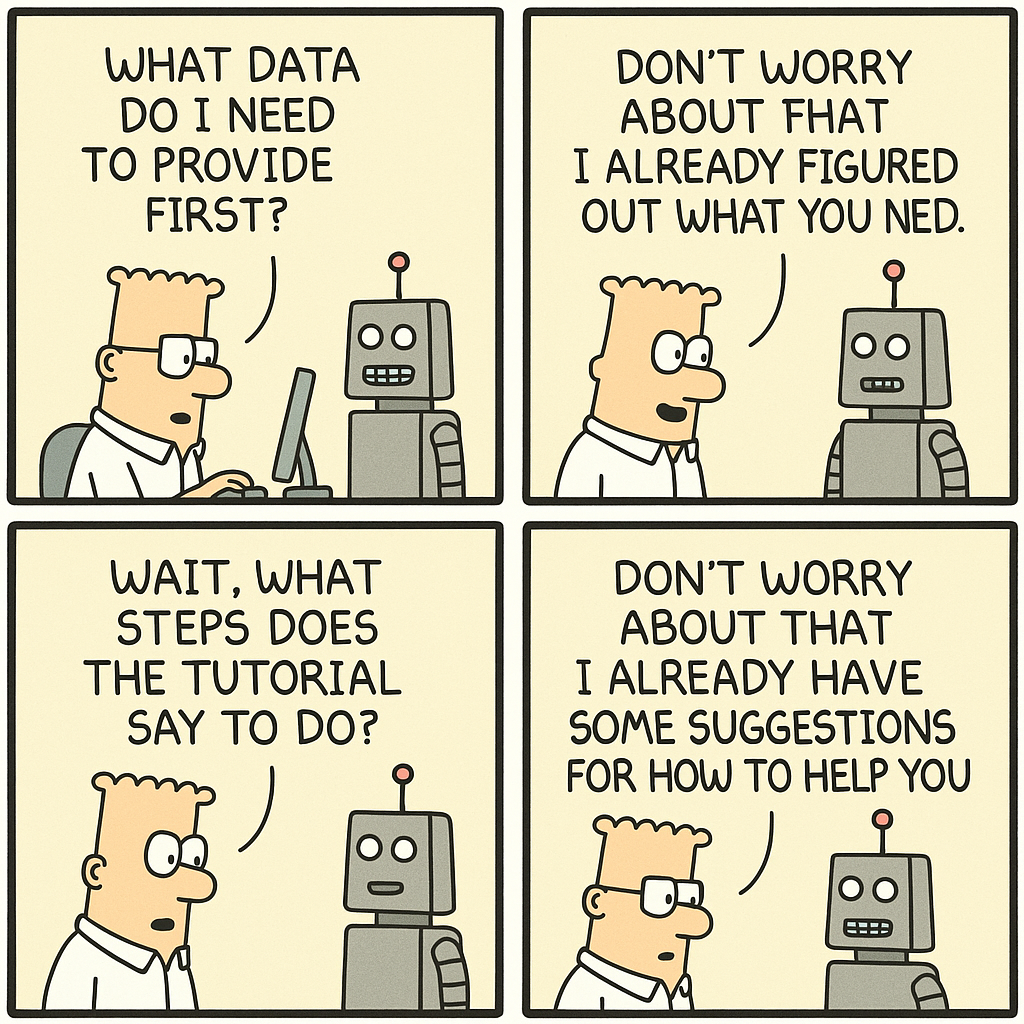In an era where technology increasingly permeates every facet of our lives, artificial intelligence (AI) is poised to significantly reshape the landscape of mental health care. From making therapy more accessible to personalizing treatment plans, AI is heralding a new era that promises to break down longstanding barriers and offer unprecedented support. However, as we embrace these innovations, it is imperative to navigate the ethical considerations and limitations they present.
Bridging the Accessibility Gap
For many individuals, accessing mental health care can be a formidable challenge. High costs, societal stigma, and a shortage of available therapists are just a few of the obstacles that prevent people from seeking the help they need. AI-powered mental health apps and chatbots are emerging as transformative tools to address these barriers.
These digital platforms offer free or low-cost options, making therapy accessible to underserved populations, including those in remote areas with limited resources. By providing an anonymous and convenient way to seek help, AI tools reduce the stigma associated with mental health treatment, encouraging more individuals to take the first step towards healing.
Additionally, platforms like Talkspace have further enhanced accessibility by offering insurance-covered sessions that are often free for the user. This integration of insurance options makes professional therapy more attainable for individuals who might otherwise consider it financially out of reach. By bridging the cost barrier, these AI-powered platforms are ensuring that more people can access the mental health support they need.
Early Detection and Timely Intervention
The ability of AI to analyze vast amounts of data from various sources—such as social media posts, wearable devices, and self-reported assessments—enables it to detect early signs of mental health conditions like depression and anxiety. Early detection is crucial, as it allows for timely intervention, potentially preventing the escalation of these conditions into more severe forms.
Imagine a scenario where an AI algorithm, after analyzing a user’s social media activity, identifies patterns indicative of rising anxiety levels. The algorithm could then prompt the user to complete a self-assessment or seek professional help, thus facilitating early intervention and potentially averting a crisis.
Personalizing the Path to Recovery
Traditional mental health treatment often follows a one-size-fits-all approach, which may not be effective for everyone. AI, however, has the potential to tailor treatment plans to individual needs by analyzing data on symptoms, preferences, and responses to different interventions. This personalized approach can lead to more effective and efficient therapies, significantly increasing the chances of positive outcomes.
For instance, an AI system could analyze a patient’s history and suggest specific therapeutic techniques or medication adjustments that have shown success for similar profiles. This level of personalization not only enhances the treatment experience but also fosters a deeper connection between patients and their care plans.
Empowering Therapists and Enhancing Care
While AI tools offer numerous benefits to patients, they are equally valuable to therapists. By automating routine tasks like data entry, scheduling appointments, and even providing insights based on large datasets, AI frees up therapists to focus on what they do best: building relationships with their clients and delivering personalized care.
Moreover, AI can augment therapists’ capabilities by offering real-time feedback during sessions, analyzing patient progress over time, and suggesting evidence-based interventions. This symbiotic relationship between AI and therapists holds the promise of elevating the quality of care and expanding the reach of mental health services.
Reducing Stigma and Increasing Engagement
The anonymity and convenience of AI-powered tools can play a crucial role in reducing the stigma associated with seeking mental health care. Individuals who might be reluctant to visit a therapist’s office can now access support discreetly through their smartphones. Additionally, the incorporation of gamification and interactive features in some mental health apps can increase engagement and adherence to treatment plans.
Imagine an app that uses gamified elements to help users track their mood, set goals, and earn rewards for consistent engagement. Such features not only make the process more enjoyable but also foster a sense of accomplishment and motivation to stick with the treatment.
Continuous Support Beyond Sessions
One of the most significant advantages of AI in mental health care is its ability to provide continuous monitoring and support. Between therapy sessions, AI-powered tools can help individuals track their progress, identify triggers, and access resources in real time. This continuous support is particularly valuable for those with chronic conditions or those who need additional help outside of traditional therapy settings.
For example, an AI companion app could send daily check-ins to a user, offering coping strategies or mindfulness exercises based on their current emotional state. This ongoing support ensures that individuals do not feel isolated in their journey towards mental well-being.
Navigating Ethical Considerations
As we embrace the transformative potential of AI in mental health care, it is essential to address the ethical considerations and potential limitations that come with it. Ensuring data privacy and security is paramount, as sensitive information must be protected from breaches and misuse. Additionally, addressing biases in AI algorithms is crucial to prevent disparities in care and ensure equitable treatment for all individuals.
Moreover, while AI can enhance many aspects of mental health care, it is vital to maintain the human connection that is at the heart of therapy. The empathetic understanding and nuanced support that a human therapist provides cannot be entirely replicated by AI. Therefore, a balanced approach that integrates AI with traditional therapeutic practices is key to achieving the best outcomes.
The integration of AI into mental health care is revolutionizing the user journey, making it more accessible, personalized, and engaging. From early detection and intervention to continuous support and empowerment of therapists, AI offers a wealth of opportunities to enhance mental health services. However, as we navigate this new frontier, it is essential to address the ethical considerations and maintain the human touch that is fundamental to effective therapy. The future of mental health
















